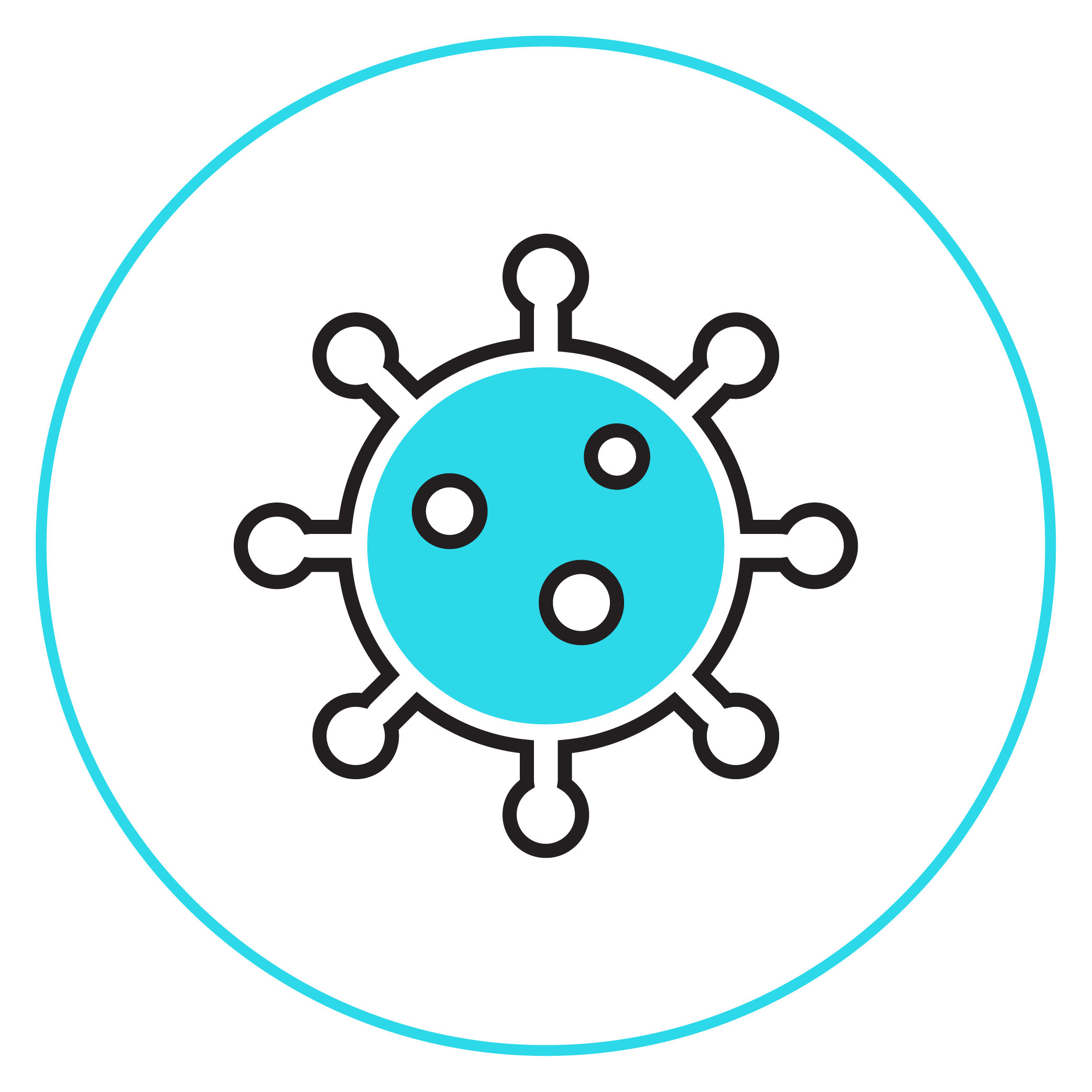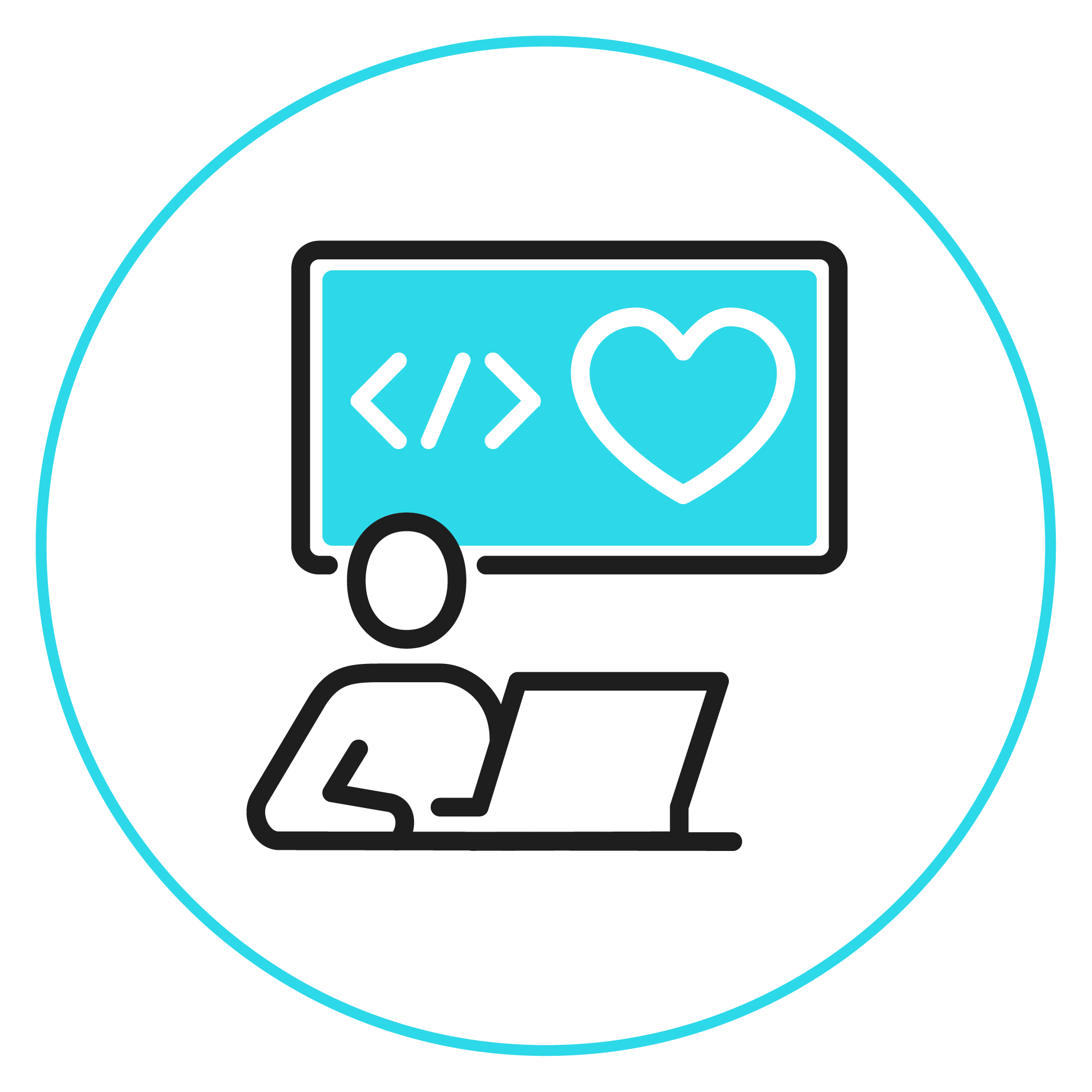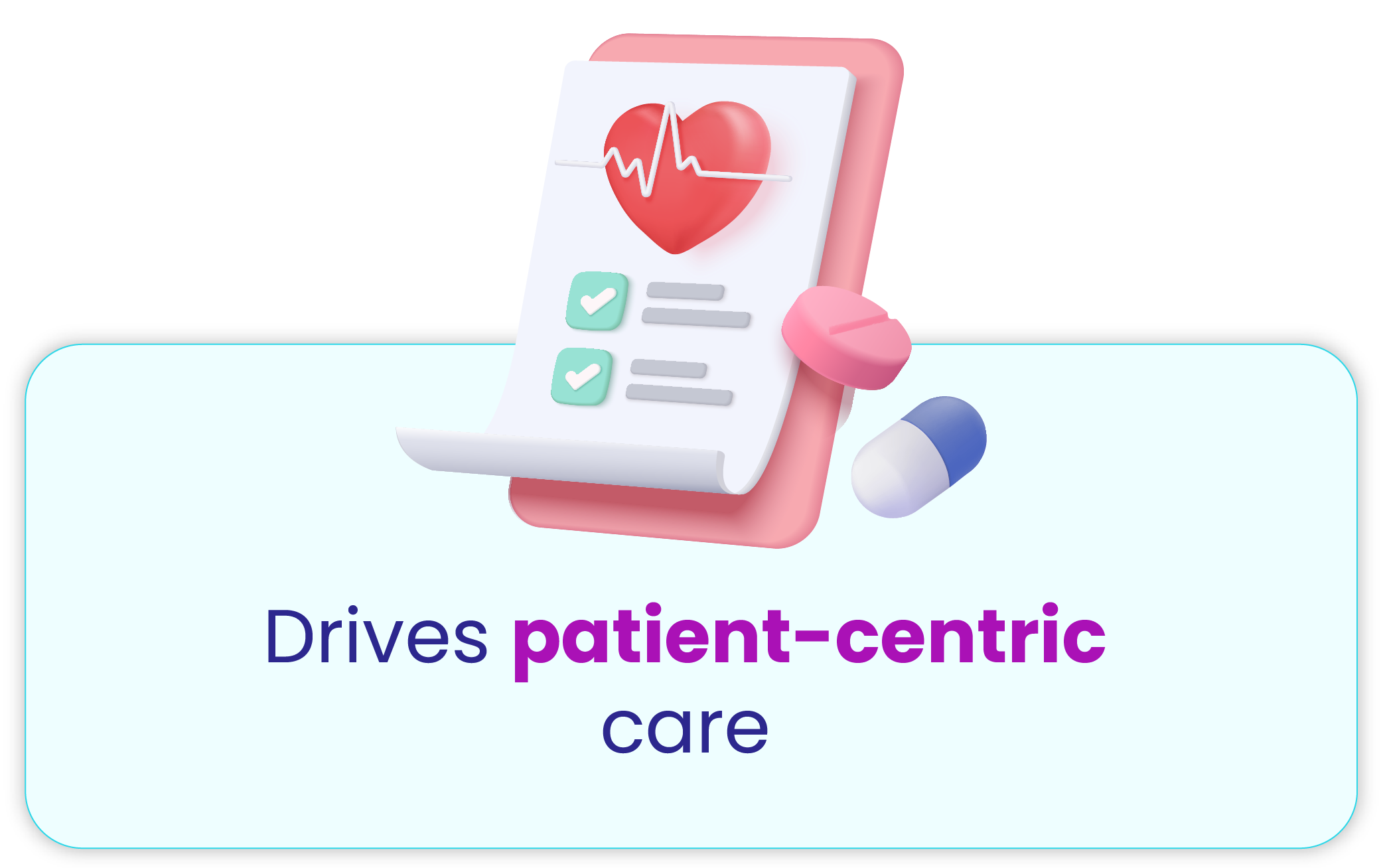
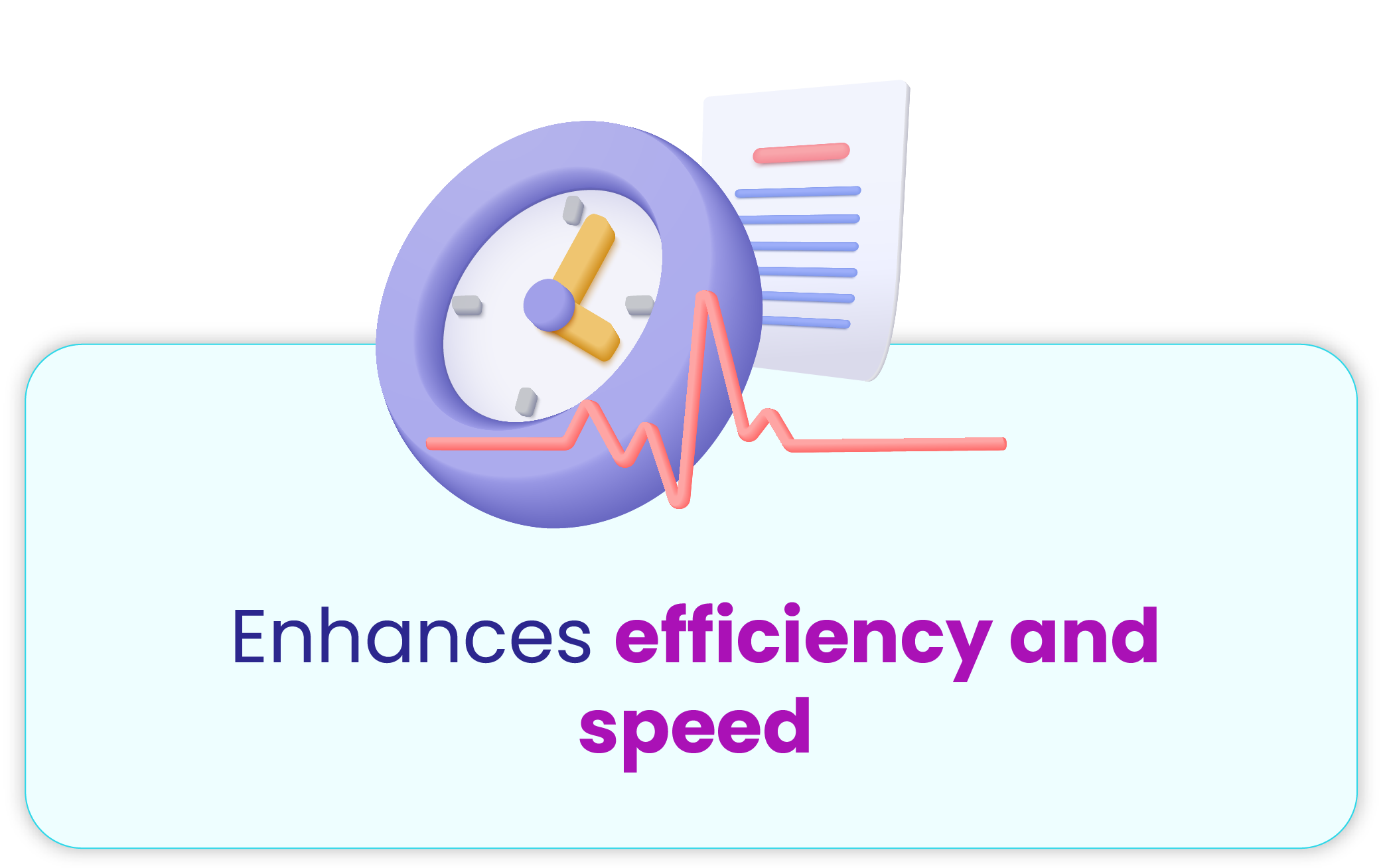
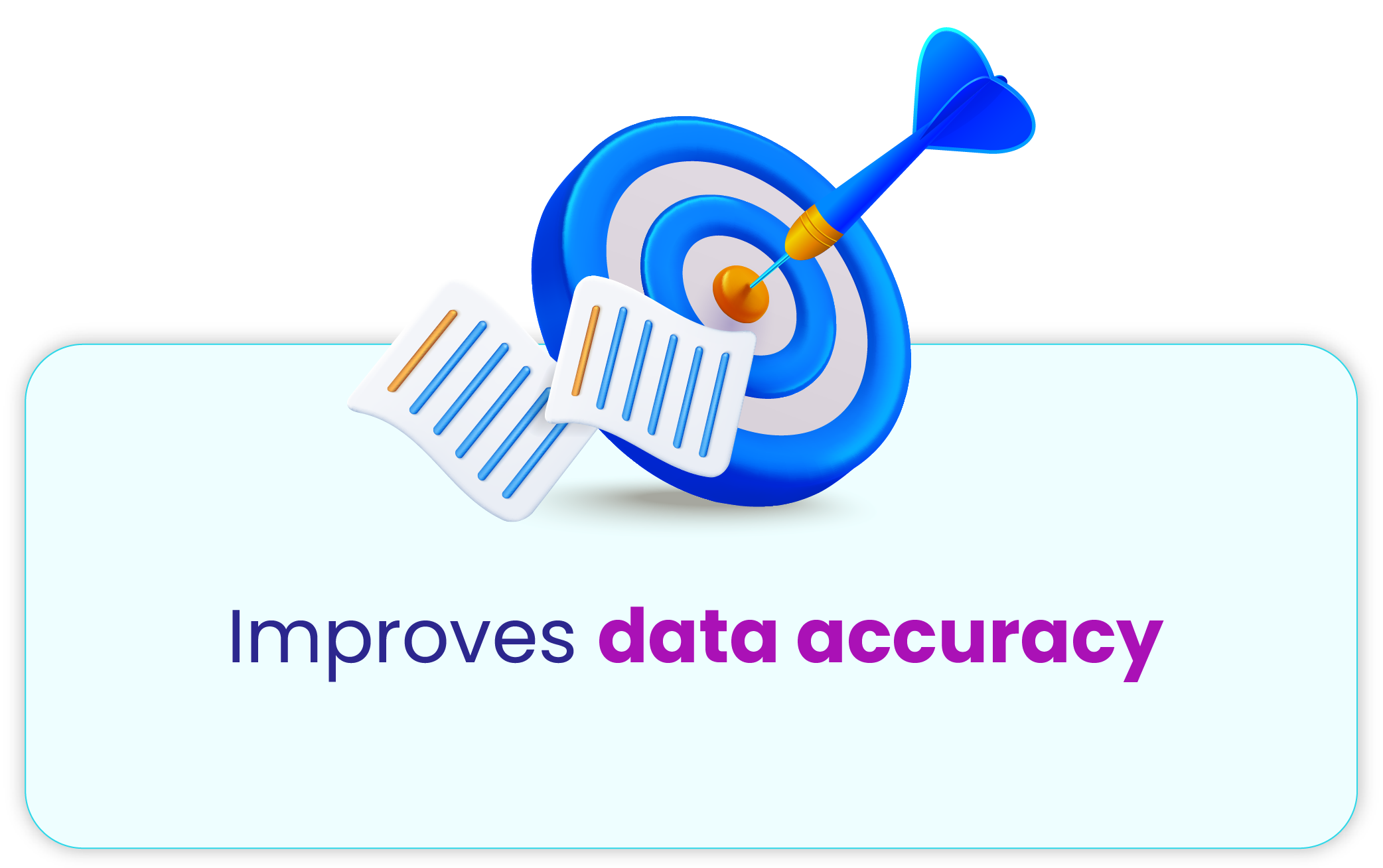
Key Benefits of Intelligent Automation:
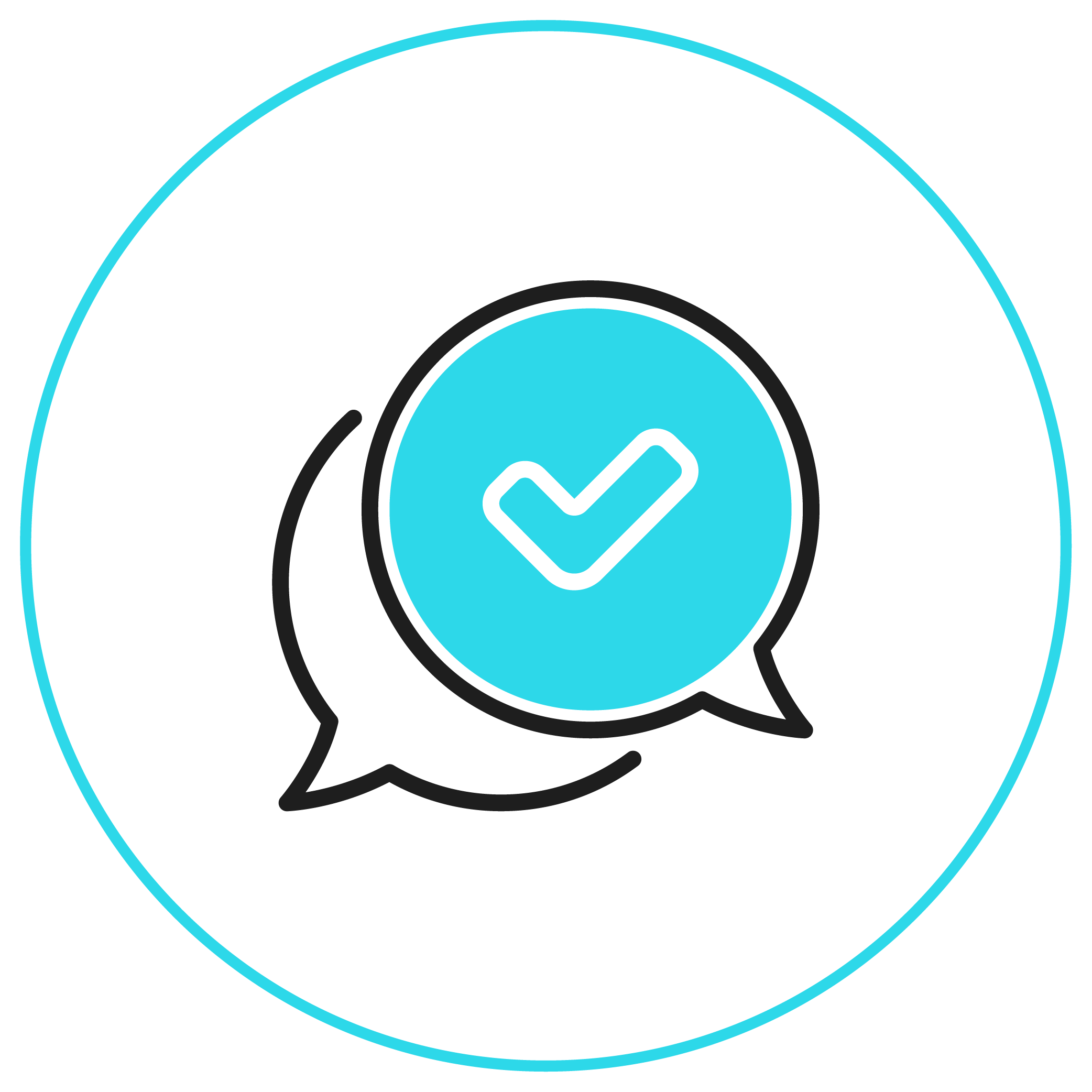
Streamlines Patient Communications
Improves Patient Experience
Seamless Referral Processing
Operational Optimisation
Improves Integration Between Healthcare Providers
Enhances Data Management

Matthew Douglas – Director Digital & Infrastructure, NHS Cambridge & Peterborough ICB
“There is a significant administrative burden in the delivery of Primary Care; one such example is the registration of new patients. The use of automation can drastically reduce this administrative burden for practices, generating substantial cost savings and allowing their teams to focus on more complex cases that require patient interaction.”
Utilising Intelligent Automation Tools to Transform Primary Care Services
Primary care providers are integrating Intelligent Automation tools into both their patient-facing and back-office operations to enhance patient care and improve operational efficiency. There are a myriad of common administrative processes that automation tools can undertake, which not only frees up staff time to complete more complex, patient-centric tasks, but also eliminates human error from processes.
Using automation to support the management of referrals to secondary care and the tracking of pathology tests, for example, ensures patients are seen quickly and makes sure any necessary follow-up actions are completed promptly.
Automation can also be used to manage aspects of patient communications, such as sending appointment reminders and prescription notifications to patients; this eliminates avoidable missed visits and ensures patients receive their correct medications in a timely manner. Automation tools also include translation capabilities, which enables providers to communicate with patients in their native language, driving greater access to care for minority populations and reducing health inequalities.
Louise Wall – Managing Director, e18 Innovation
“Here at e18 Innovation, we’re shaping a future where seamless integration between primary and secondary care in the NHS is not just a vision but a reality. Through our advanced automation solutions, we’re minimising manual processes and delivering efficiencies, all with the end goal of enhancing patient outcomes across the expanse of Integrated Care Systems.”
Use Cases

